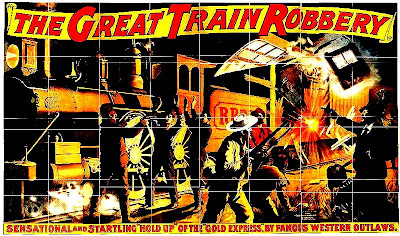Hello! Welcome again to Mistake Monday! Today we'll look at another Common Error that's pretty easy to correct. But first, I have a question: Where do you live? If you said something like "San Ramón downtown" or "Palmares center," then this post is for you!
| Common Error: Use of the word "Downtown" | ||
| DON’T say this: | ||
| WHY? | "Downtown" is certainly a word, but it's normally not used in this way in English (click here for more general information about the word). Downtown normally refers to a large city's historical and/or commercial core. In other words, it's a way to describe part of the city, which makes the word work like an adjective. Therefore, it should normally go before the city's name, along with any other words that describe an area in a city. For example: Downtown New York City is amazing on New Year's Eve. He moved to East Saint Louis. It's not safe to walk around downtown San José at night. You can also use the word by itself: We need to take a train or a taxi to go downtown. Also, notice that I said it's normally used with large cities. Palmares may be a nice town, but it only has one stop light in the whole town. To say "downtown Palmares" just sounds strange. You could say "I live in the center of Palmares," but it would be clearer to say the name of your neighborhood or district. You can also describe the location, especially in small towns. In Spanish, a similar concept is "centro," or the center of the city. But in English this sounds strange sometimes. If you do say "center," it usually indicates a building or complex, or possibly the geographic center of a place: We went to a performance last night at the Lincoln Center. Madrid is in the center of Spain, but Barcelona isn't. | |
| INSTEAD, SAY THIS: | -"I live in downtown San José." -"When we're visiting New York, we'll be staying downtown." OR -"When we're visiting New York, we'll be staying in (name of neighborhood)." -"I live in Palmares, near the bus station." | |
So, that's it for today. If you have questions or comments, please leave a comment or contact me. Thanks for reading, and have a great week!
 |
| A map of downtown Denver, Colorado. Denver is nice, but it's confusing to drive downtown, since all the streets are at 45-degree angles from the surrounding roads. (Image) |

















